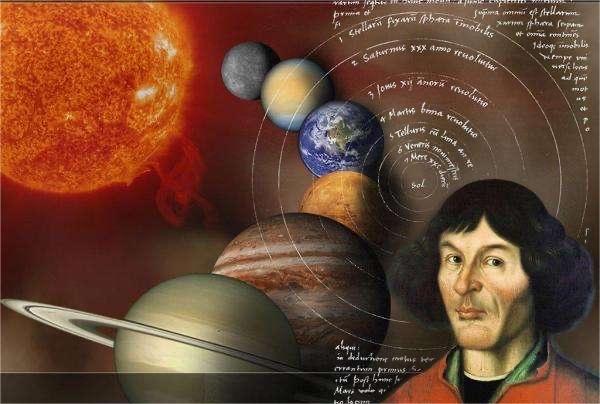Who are the world famous astronomers?
1. Nicolaus Copernicus
At the age of 40, Copernicus revolutionized our understanding of the universe by proposing the heliocentric theory, which challenged the prevailing geocentric view upheld by the Roman Catholic Church. He firmly believed that his theory did not contradict religious teachings. Copernicus completed his magnum opus “On the Movement of Celestial Spheres” after years of observation and calculation. This work, published shortly before his death in 1543, corrected humanity’s view of the cosmos and established him as a giant of the European Renaissance.
2. William Herschel
Born in Germany in 1738 and later becoming a British astronomer, William Herschel is known as the founder of stellar astronomy. His discovery of Uranus, its two satellites, and two satellites of Saturn using a telescope he designed himself marked significant contributions to the field. He also studied the sun’s space motion and identified infrared radiation in sunlight.
3. Johannes Kepler
A German astronomer, Johannes Kepler, became the first person to fully explain the motion of planets in the solar system. His groundbreaking discoveries include the three laws of planetary motion, which describe the orbits and movements of planets around the sun. Kepler is rightfully hailed as the “Legislator of the Sky” for these significant contributions to astronomy.
4. Tycho Brahe
Danish astronomer Tycho Brahe’s meticulous observations and calculations set him apart from his contemporaries. His discovery of a new star in 1572 and other astronomical phenomena garnered widespread recognition. He proposed a cosmic structure system that bridged geocentrism and heliocentrism, impacting the astronomical community for years to come.
5. Edwin Hubble
An eminent American astronomer, Edwin Hubble made significant contributions to the understanding of the universe. His discovery of redshift in galaxies and formulation of Hubble’s law provided crucial evidence for the expansion of the universe. Hubble’s pioneering work in extragalactic astronomy and observational cosmology earned him the title of the “father of galaxy astronomy.”
6. Galileo Galilei
Considered the father of modern observational astronomy, Galileo Galilei’s invention of telescopes allowed him to make groundbreaking discoveries, such as Jupiter’s four largest moons, sunspots, and the phases of Venus. His support for Copernicus’ heliocentric model faced opposition, but he is also credited with laying the groundwork for classical mechanics.
7. Robert H. Goddard
Known as the father of modern rocketry, Robert H. Goddard launched the world’s first liquid rocket in 1926. His work laid the foundation for modern aerospace research and development. Despite facing limited support during his lifetime, his contributions revolutionized space exploration and led to the establishment of the NASA Goddard Space Flight Center.
8. Pierre-Simon Laplace
A famous French astronomer and mathematician, Pierre-Simon Laplace, made significant contributions to celestial mechanics. His book “The System of the Universe” introduced the nebular theory, offering a scientific explanation for the origin of the solar system. Laplace’s extensive research on planetary and lunar motion remains influential in classical celestial mechanics.
9. Hipparchus
Hipparchus, an ancient Greek astronomer and mathematician, is often referred to as the “father of astronomy.” His work included compiling a star catalog with positions of 1022 stars and introducing the magnitude system to measure star brightness. He also made significant discoveries related to the sun, moon, and precession.
10. Aristarchus
Aristarchus, an ancient Greek astronomer, proposed the earliest heliocentric theory, suggesting that the earth orbits the sun. He also made estimations of the distance between the earth, moon, and sun, contributing to our understanding of the solar system.
These ten astronomers have left indelible marks on the field of astronomy, significantly advancing human knowledge of the cosmos and inspiring generations of astronomers to come.

